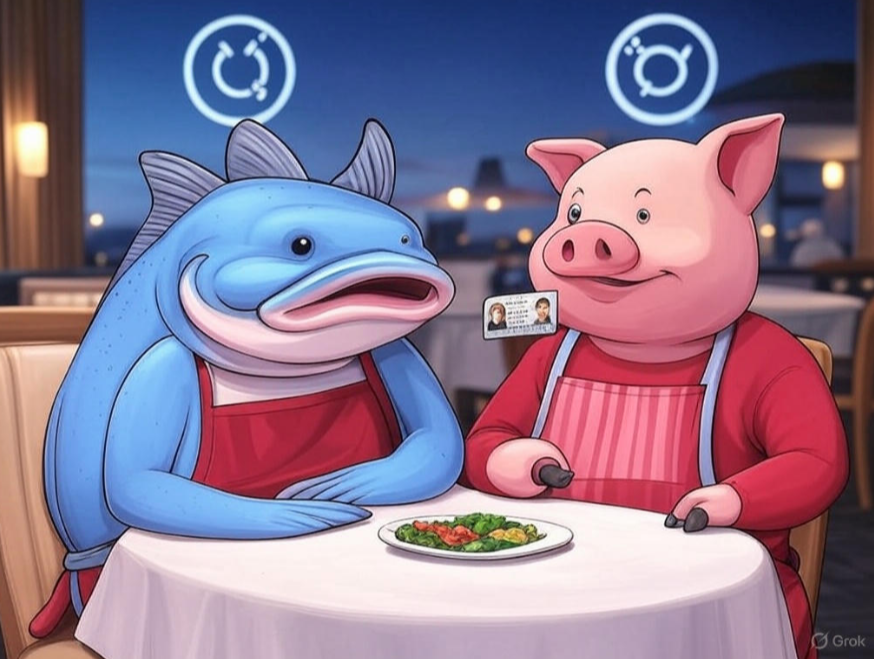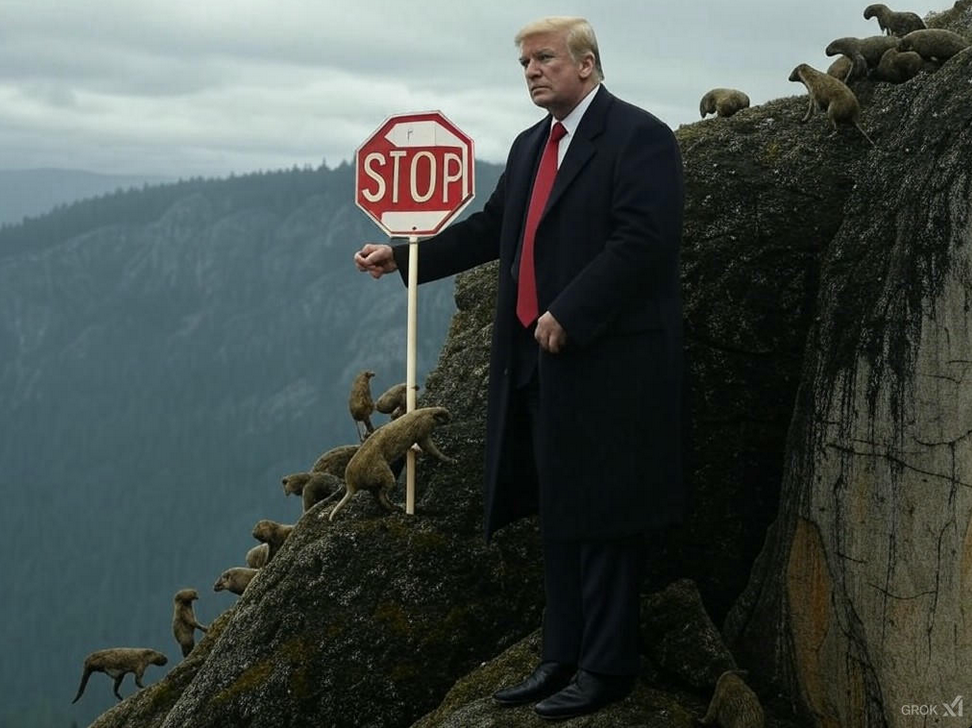8 min read
0
Mobygratis: A Creative Model for Music Licensing
In an era where access to high-quality music can make or break a creative project, Moby’s mobygratis platform stands out as a revolutionary approach to music licensing. Launched in 2005 and relaunched in 2025 with expanded functionality, mobygratis offers over 500 instrumental tracks, including 300 previously unreleased pieces, to creators such as filmmakers, musicians, students, and choreographers. This initiative, driven by musician and activist Moby in collaboration with Little Walnut Productions, is designed to empower budget-conscious creators while introducing an innovative model for music marketing and monetization. By providing free access to music for non-commercial projects and requiring commercial licenses only when certain profitability thresholds are met, mobygratis strikes a balance between creative freedom and fair compensation. Additionally, the platform enforces two ethical restrictions: the music cannot be…





![The Good, The Bad[ass] and the Ugly of Flabby Hoffman’s “Colony Collapse Disorder Vol 1”](https://blog.pagetelegram.com/wp-content/uploads/2025/02/1545c3065a8f5d20009f2acaed2333ad8e57f66d-1-scaled.jpeg)

